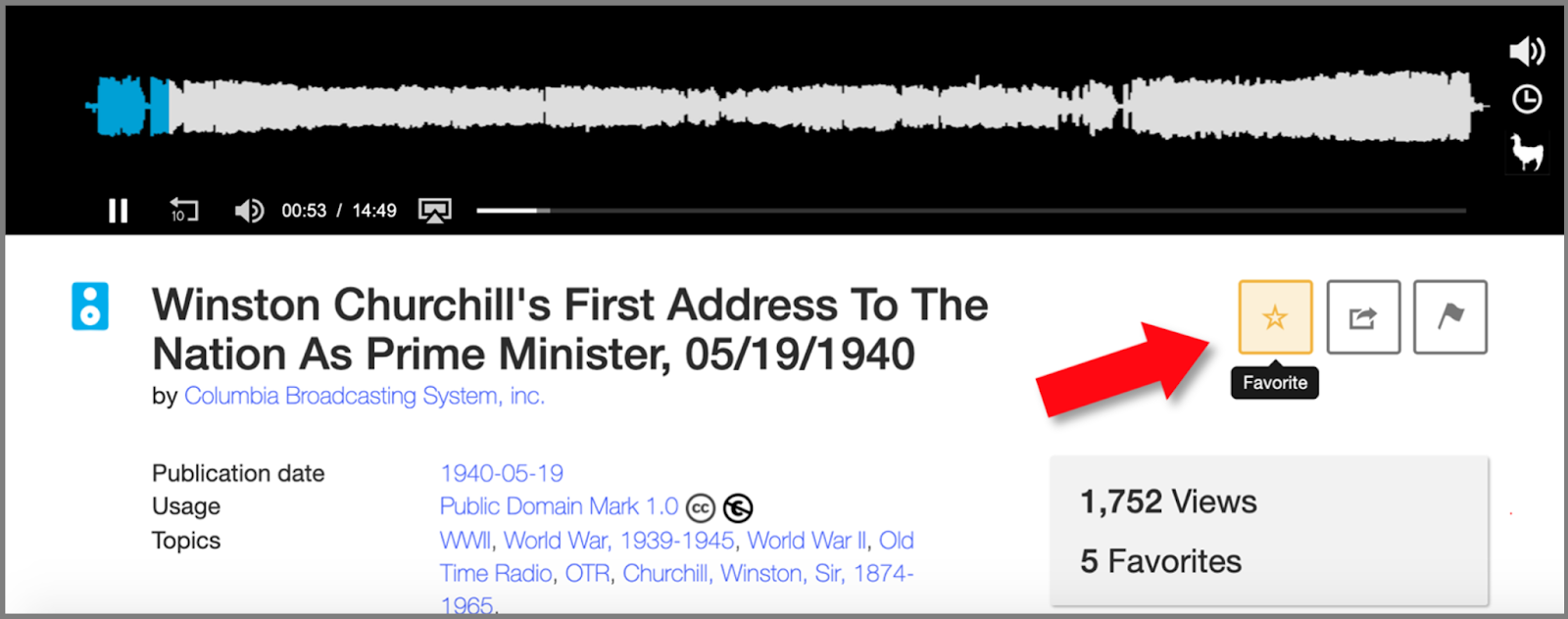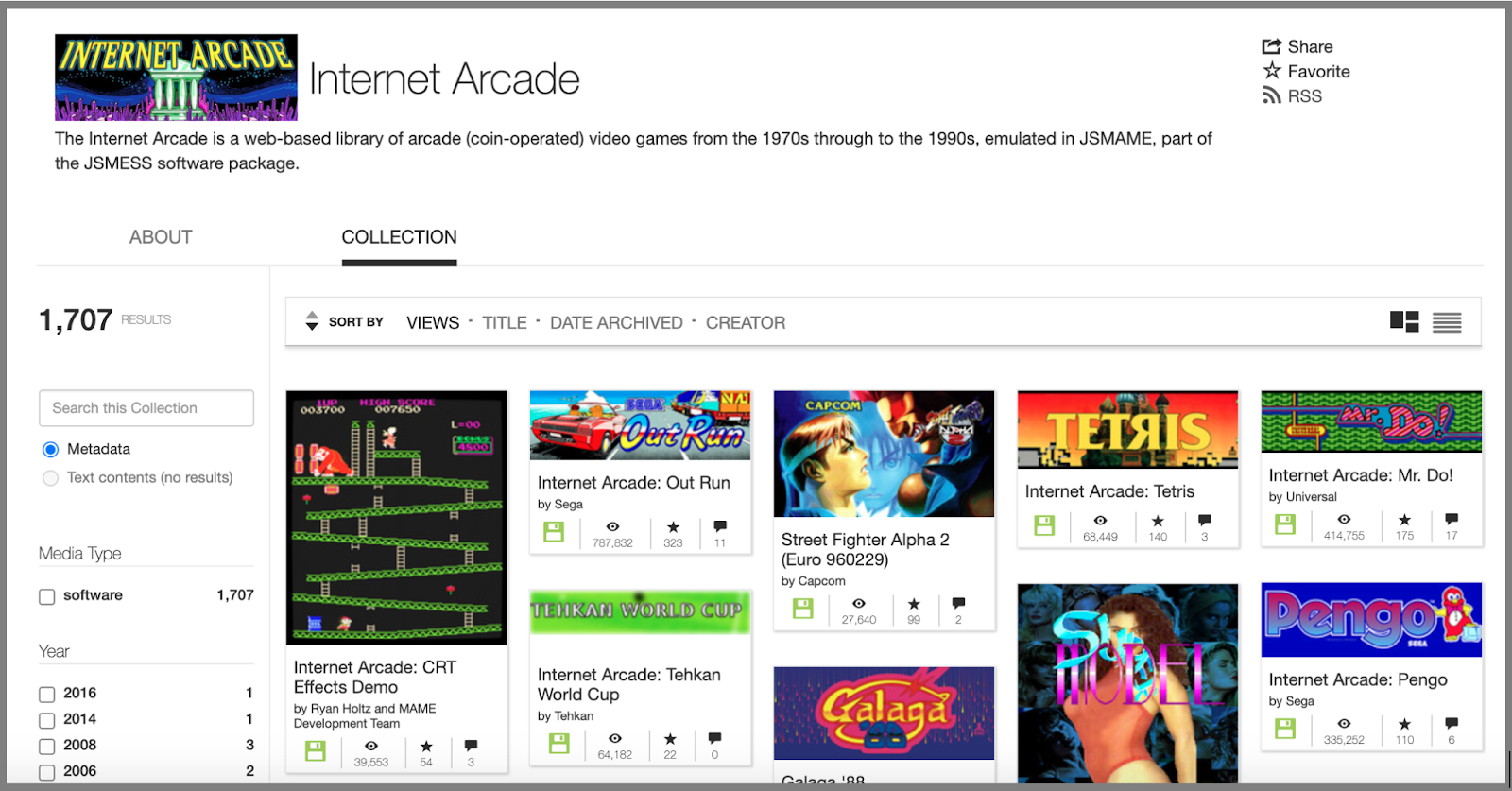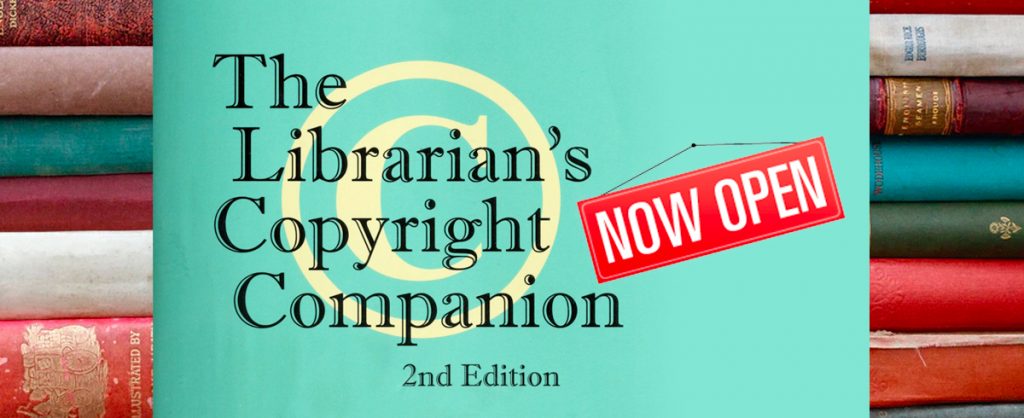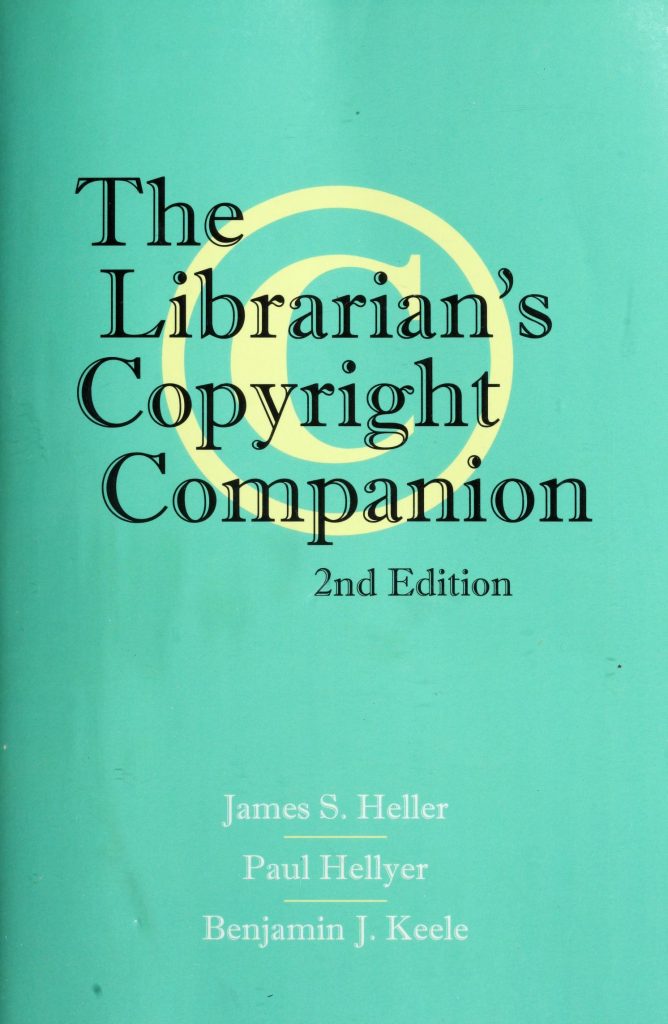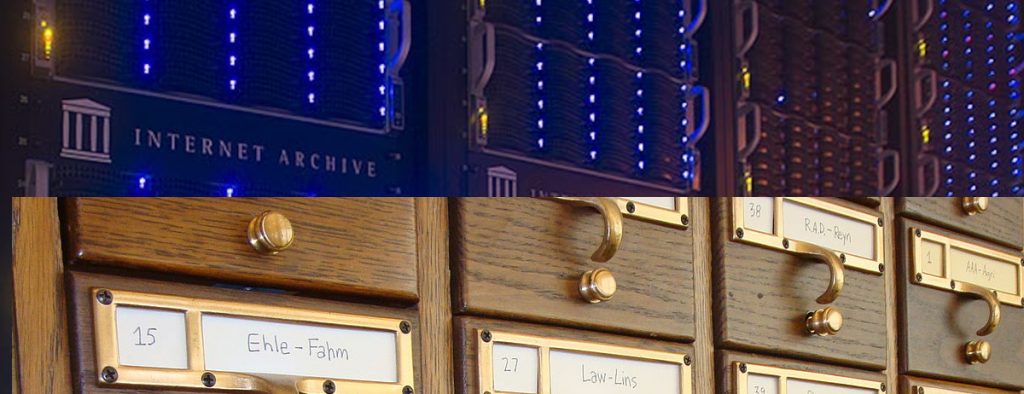
The Government of Canada recently agreed to extend its copyright term by twenty years. This is a great loss for the public domain; among other things, this term extension means that the public domain will not be refreshed in Canada for decades. Fortunately, the Government of Canada is exploring various ways to mitigate this loss. Internet Archive Canada was pleased to submit its views—based on its own experiences working with the public domain in Canada—on the best way to do so.
Internet Archive Canada has been working with Canadian libraries, patrons, and others for over fifteen years in support of the mission to provide Universal Access to all Knowledge. Over that time frame we’ve digitized more than 650,000 books, micro-reproductions, and a variety of other archival materials. Today, Internet Archive Canada has a substantial collection focused on Canadian cultural heritage and historical government publications. Along with our partners, we’ve made a significant investment in and contribution to the accessibility of Canadian digital heritage.
For example, you may have heard of Canada’s Group of Seven, groundbreaking Canadian landscape painters that have also been known as the Algonquin School. The Group and related artists were active in the early part of the twentieth century, meaning that much of their work is already in the public domain. As a result, substantial efforts have been made by a number of institutions to digitize and make their work more broadly available. And there are a fair number of these kinds of materials in Internet Archive’s collections, such as works by and about Emily Carr and Lawren Harris. Many of these are either in the public domain or were expected to enter it soon. For example, as Lawren Harris died in 1970, under Canada’s current life+50 copyright term his works should be entering the public domain now. But under the new proposal to extend that term to life+70 years, we’d be another twenty years away.

In order to mitigate the harm caused by this extension, the Government of Canada is considering allowing some use of older works that will be kept from the public domain—especially by libraries like us. And while the exact parameters are at this point uncertain, we applaud the Government’s careful attention to this matter and inquiry to stakeholders like us.
As we emphasize in our letter, it is important that rules which allow for use of older works in theory make sense in practice. Oftentimes they do not, as the experience in the United States has shown. When the United States implemented its own copyright term extension, it allowed libraries and certain others to use works in the last twenty years of their copyright term—similar to what Canada is proposing—but only if they met certain onerous requirements. Internet Archive undertook substantial work to try to make use of these provisions—including a substantial amount of time with a professional researcher and several interns—but was only able to identify about sixty works that qualified. Subsequent work has raised that number to a few hundred, but the bottom line is that this is needlessly hard work. That is why, as we highlighted in our comments, we believe that it is important that Canada’s mitigating measures not impose onerous restrictions on use.
That said, we are optimistic about the future in Canada. Canada has a long tradition of respect for library and user rights, with an engaged academic and library community, and the Government’s proposals include some very good ideas. We look forward to continuing to work with the Government of Canada and all our Canadian friends and neighbors to ensure good copyright policy and strong libraries in the 21st century and beyond.




